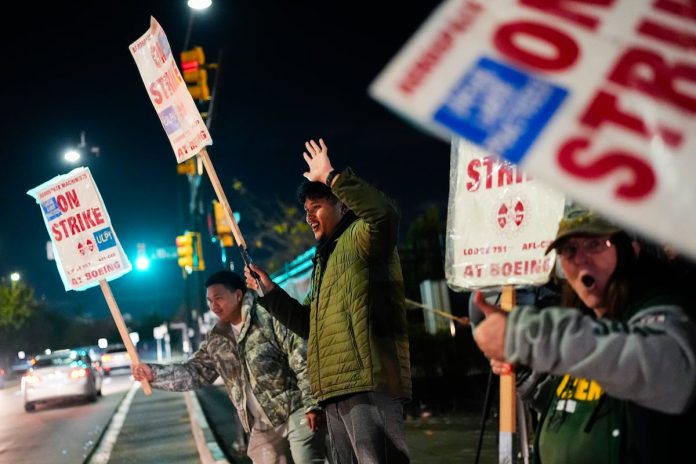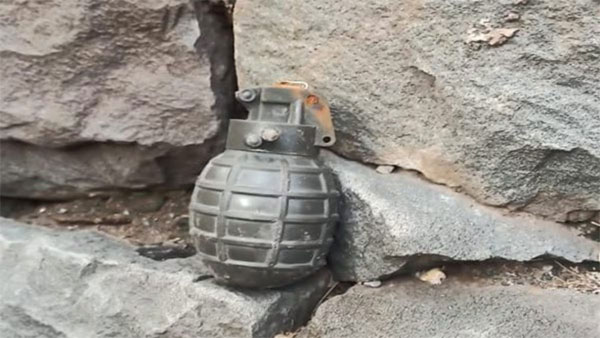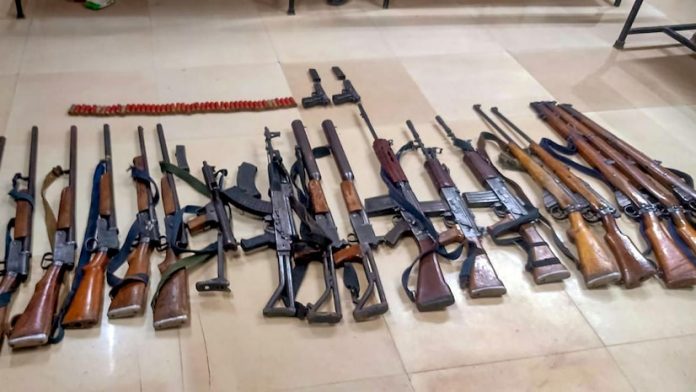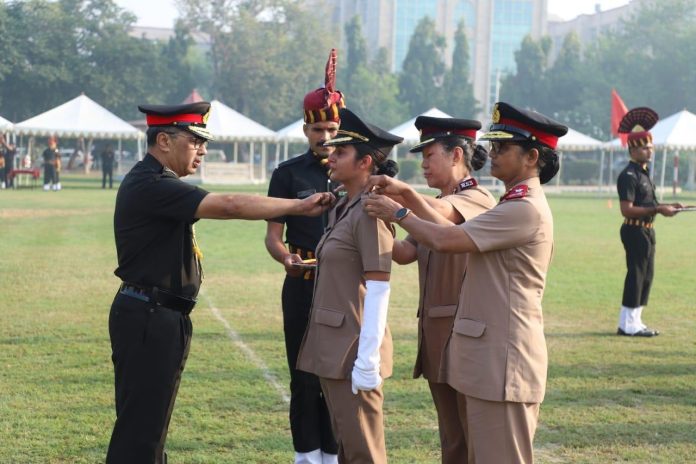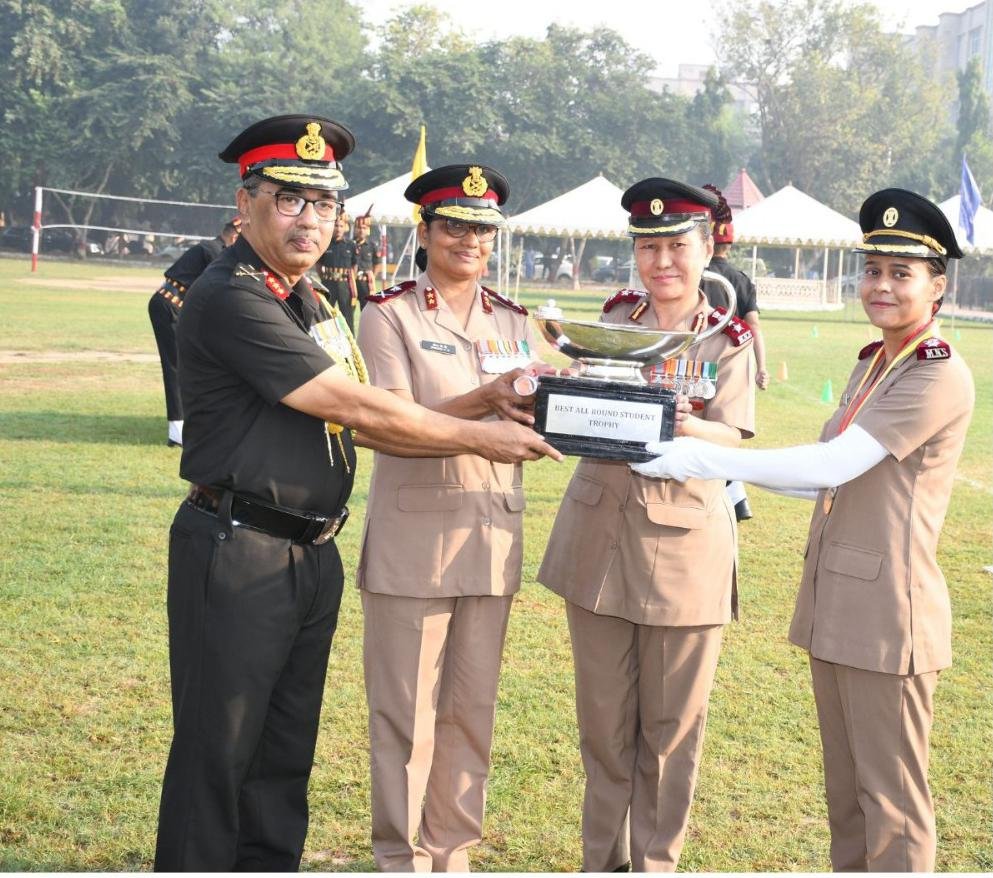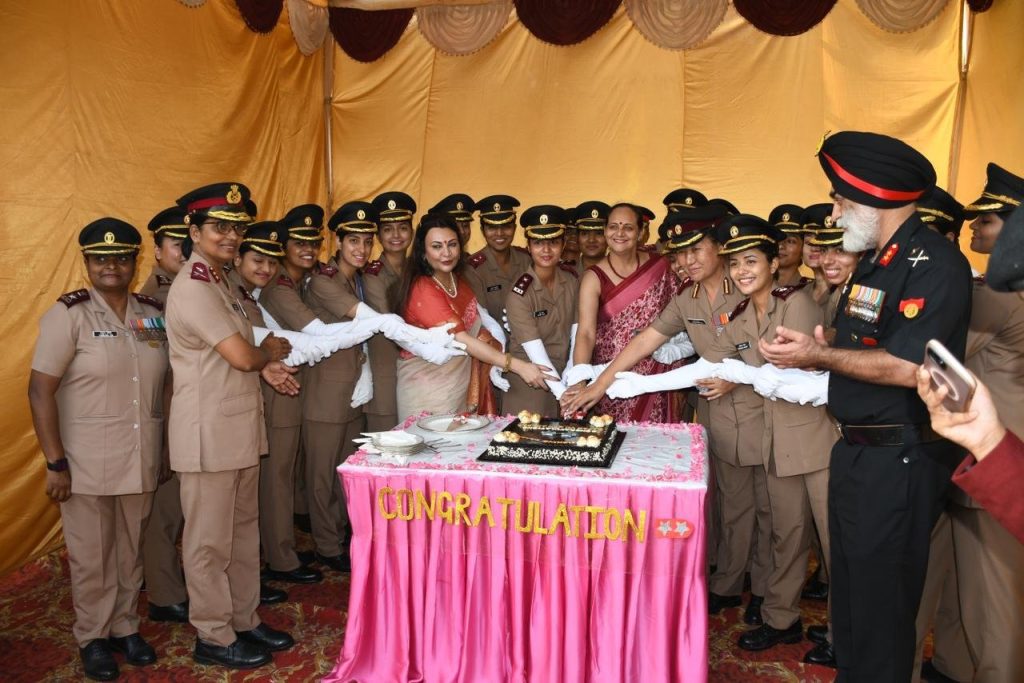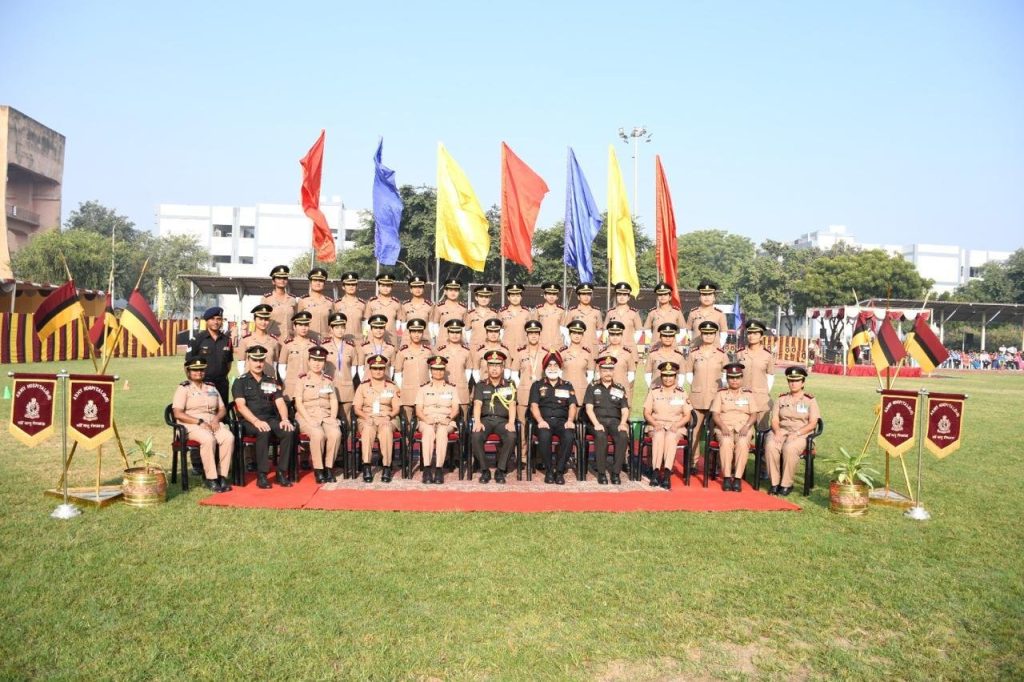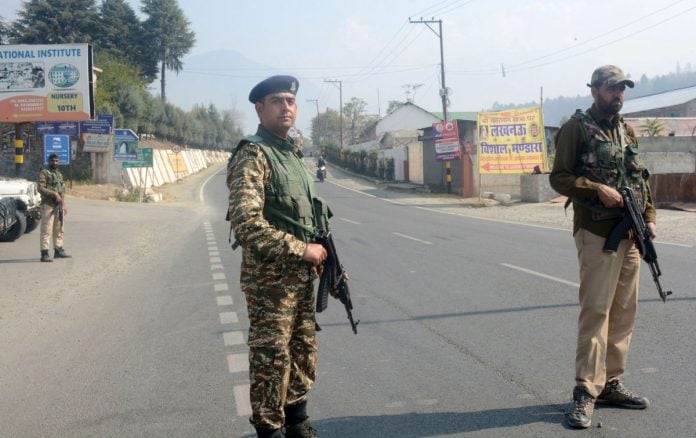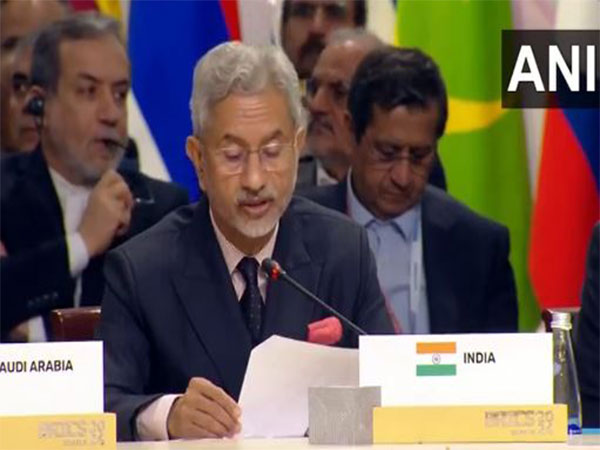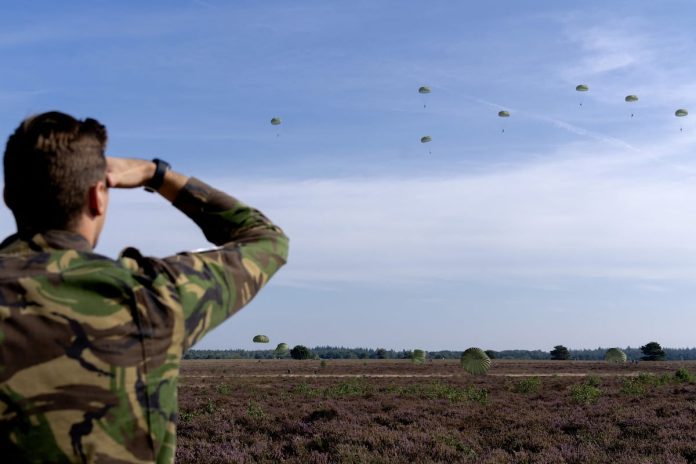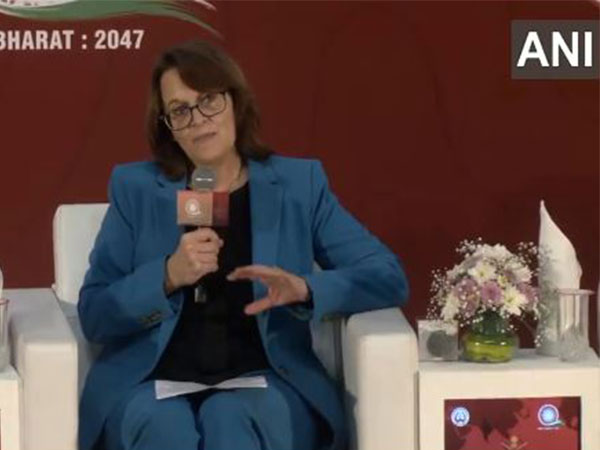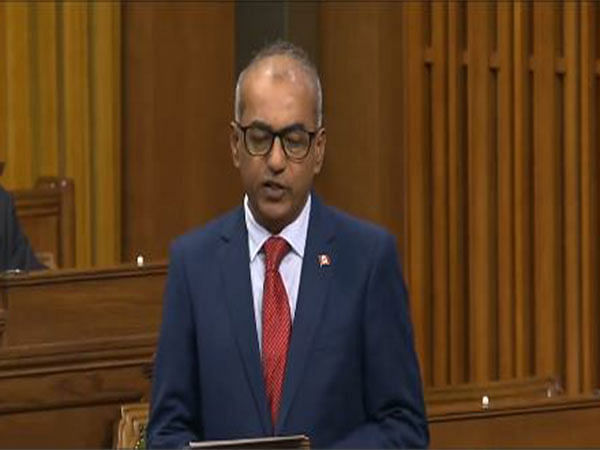Boeing Workers Reject Contract Offer, Continuing Six-Week Strike Amid Production Standoff
SEATTLE — Boeing factory workers have decisively rejected the company’s latest contract offer, opting to remain on the picket lines for six weeks as the strike significantly disrupts the production of its best-selling jetliners. A substantial 64% of members from the International Association of Machinists and Aerospace Workers (IAM) voted against the proposal, leading to a clear message from union leadership concerning the need for improved labor conditions.
Jon Holden, head of the IAM District 751 union, emphasized the workers’ frustrations, stating, “After 10 years of sacrifices, we still have ground to make up,” and highlighted the importance of resuming negotiations. "This is workplace democracy — and also clear evidence that there are consequences when a company mistreats its workers year after year.”
Boeing has refrained from commenting on the vote. The labor dispute comes at a particularly challenging time for the aerospace giant, which has faced ongoing scrutiny following federal investigations triggered by a safety incident involving the 737 Max in January.
The strike has dire financial implications for Boeing, which has reported a staggering $6 billion loss for the third quarter, exacerbated by stalled aircraft deliveries essential for cash flow. Union machinists, who assemble the 737 Max, along with the 777 and 767 models, are at the heart of the production stoppage occurring at factories in Renton and Everett, Washington.
The rejected offer included a proposed 35% pay raise over four years, a modification from a prior offer that was countered during the strike, which offered a 25% increase. The union had initially requested a more ambitious 40% raise over three years. Workers expressed discontent over the absence of a restored traditional pension plan, which had been frozen a decade ago.
Larry Best, a veteran employee, lamented that the pension should have taken precedence, while another employee, Theresa Pound, voiced concerns about rising health plan costs versus inadequate retirement benefits.
As the strike unfolds, new Boeing CEO Kelly Ortberg faces scrutiny in his first major test leading the company since taking over in August. Ortberg has indicated the need for a cultural overhaul within Boeing to mend management-labor relations and regain trust, further acknowledging the company’s precarious financial state with a backlog of $58 billion in debt.
Boeing aims to stabilize after experiencing significant operational hurdles following two 737 Max crashes in 2018 and 2019 that resulted in numerous fatalities. The company has not seen a profitable year since 2018, and the current strike could significantly impact its financial recovery timeline, echoing the lasting effects of past labor disputes.
The stakes are high as both the union and Boeing management navigate this tense situation, with the future of production and the well-being of workers hanging in the balance.

